New Delhi: National Payment Corporation of India’s (NPCI) international arm, NPCI International Payments Limited, is set to sign an agreement with Al Etihad Payments on October 5 in Abu Dhabi, aiming to ease cross-border transactions, according to an official from NPCI International Payments Limited.
The Memorandum of Understanding (MoU) will involve a collaborative effort between the two nations to develop a domestic card scheme in the UAE modelled after India’s RuPay debit and credit card stack.
The signing ceremony of the agreement will take place in the presence of Piyush Goyal, Minister of Commerce and Industry, who will be in Abu Dhabi, leading a business delegation from October 5 to October 6.
Goyal, during his visit, will co-chair the eleventh meeting of the India-UAE high-level task force on investments, along with Sheikh Hamed Bin Zayed Al Nahyan, the Managing Director of Abu Dhabi Investment Authority.
The meeting will see the participation of various dignitaries, including Mohamed Hassan Alsuwaidi, Minister of Investment, MD and CEO of ADQ, Thani bin Ahmed Al Zeyoudi, Minister of State for Foreign Trade, Khaled Mohamed Balama, Governor of the Central Bank of the UAE and ambassadors from both nations, namely Sunjay Sudhir, Ambassador of India to the UAE and Abdulnasser Alshaali, UAE Ambassador to India.
UPI (Unified Payments Interface) has already been adopted by several countries, including UAE, Bhutan, and Nepal, and in 2023, UPI and Singapore’s PayNow signed an agreement to enable cross-border transactions between the two nations.
Furthermore, NPCI International is exploring opportunities to extend UPI services to the United States, European countries, and West Asia. Last year, NPCI signed an MoU with France’s Lyra, an online payment system, to enhance payment services.
Goyal will also attend bilateral meetings with Khaldoon Al Mubarak, the CEO and MD of Mubadala, meet with top business leaders from both nations, engage with members of the UAE-India Business Council, and connect with major food importers from the Gulf Cooperation Council (GCC) and Egypt.

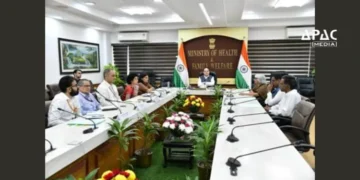








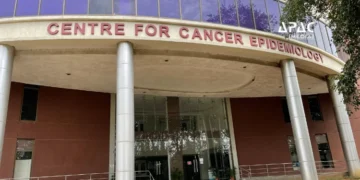

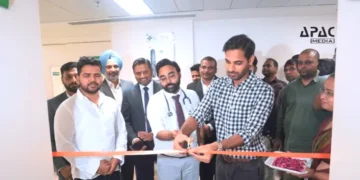


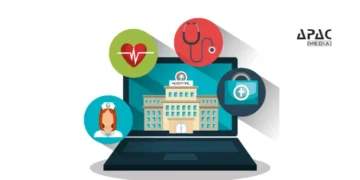



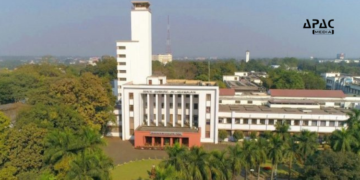
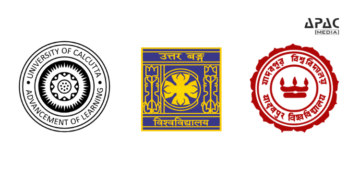

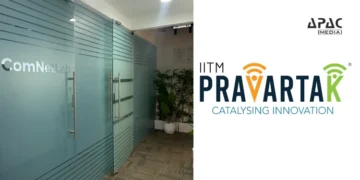
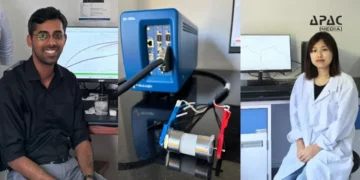
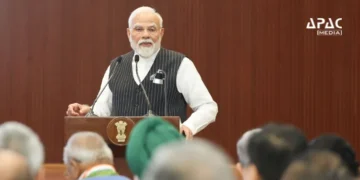

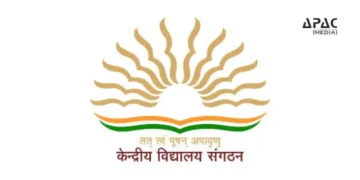

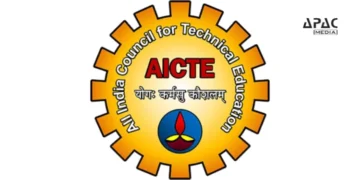







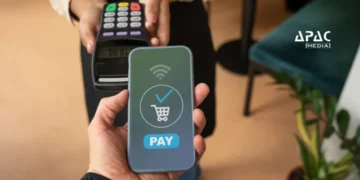

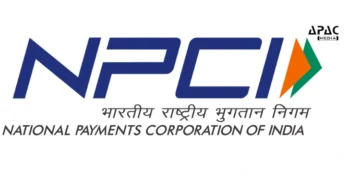





























Discussion about this post